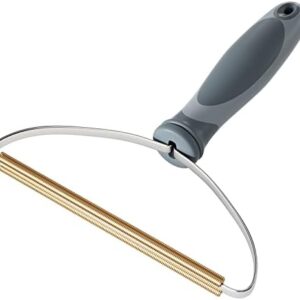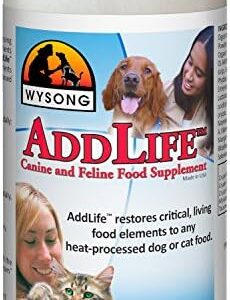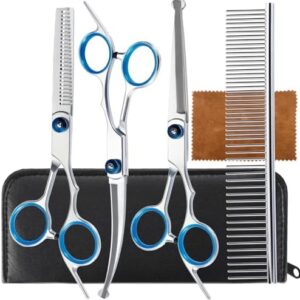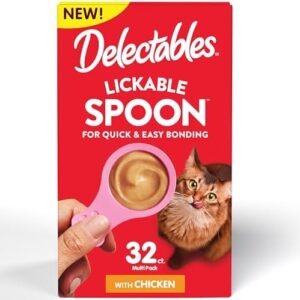
As a cat owner, one of the most important aspects of caring for your feline friend is ensuring they are well-fed and nourished. Feeding your cat the right kind of food is essential for their overall health and well-being. With so many options available on the market, it can be overwhelming to decide what to feed your furry companion. In this ultimate guide, we will discuss everything you need to know about feeding your feline friend.
First and foremost, it’s important to understand the nutritional needs of your cat. Cats are obligate carnivores, which means they require a diet high in animal protein to thrive. A cat’s diet should consist of protein, fats, carbohydrates, vitamins, and minerals to ensure they are getting all the nutrients they need to stay healthy.
When choosing a cat food, it’s essential to look for a high-quality, complete and balanced diet that is specifically formulated for cats. This will ensure that your cat is getting all the essential nutrients they need to support their overall health. It’s also important to consider your cat’s age, weight, and activity level when selecting a food, as these factors can affect their nutritional requirements.
There are three main types of cat food available on the market: dry food, wet food, and raw food. Each type has its own advantages and disadvantages, so it’s important to consider your cat’s preferences and dietary needs when choosing a food. Dry food is convenient and can help support dental health, while wet food is more hydrating and can be beneficial for cats with urinary tract issues. Raw food is a natural option that closely mimics a cat’s diet in the wild, but it can be more time-consuming and expensive to prepare.
When feeding your cat, it’s important to follow the feeding guidelines provided on the food packaging. Overfeeding can lead to obesity and other health issues, while underfeeding can result in nutritional deficiencies. It’s also important to provide fresh water for your cat at all times, as proper hydration is essential for their overall health.
In addition to their main meals, it’s a good idea to provide your cat with treats occasionally. Treats can be used as a reward for good behavior or as a way to bond with your cat. However, it’s important to feed treats in moderation, as they can be high in calories and contribute to weight gain.
If you’re considering making your own cat food at home, it’s important to consult with your veterinarian or a pet nutritionist to ensure that you are providing a complete and balanced diet for your cat. Homemade diets can be tricky to get right, as they may not contain all the necessary nutrients your cat needs to stay healthy.
It’s also important to pay attention to your cat’s weight and body condition. Obesity is a common problem in cats and can lead to serious health issues such as diabetes, joint pain, and heart disease. If you notice that your cat is gaining weight, it’s important to adjust their diet and exercise routine to help them maintain a healthy weight.
In conclusion, feeding your feline friend the right kind of food is essential for their overall health and well-being. By understanding their nutritional needs and choosing a high-quality diet that is complete and balanced, you can ensure that your cat is getting all the essential nutrients they need to thrive. Remember to follow feeding guidelines, provide fresh water at all times, and monitor your cat’s weight and body condition to keep them healthy and happy. With the right care and attention, you can help your feline friend live a long and healthy life.






